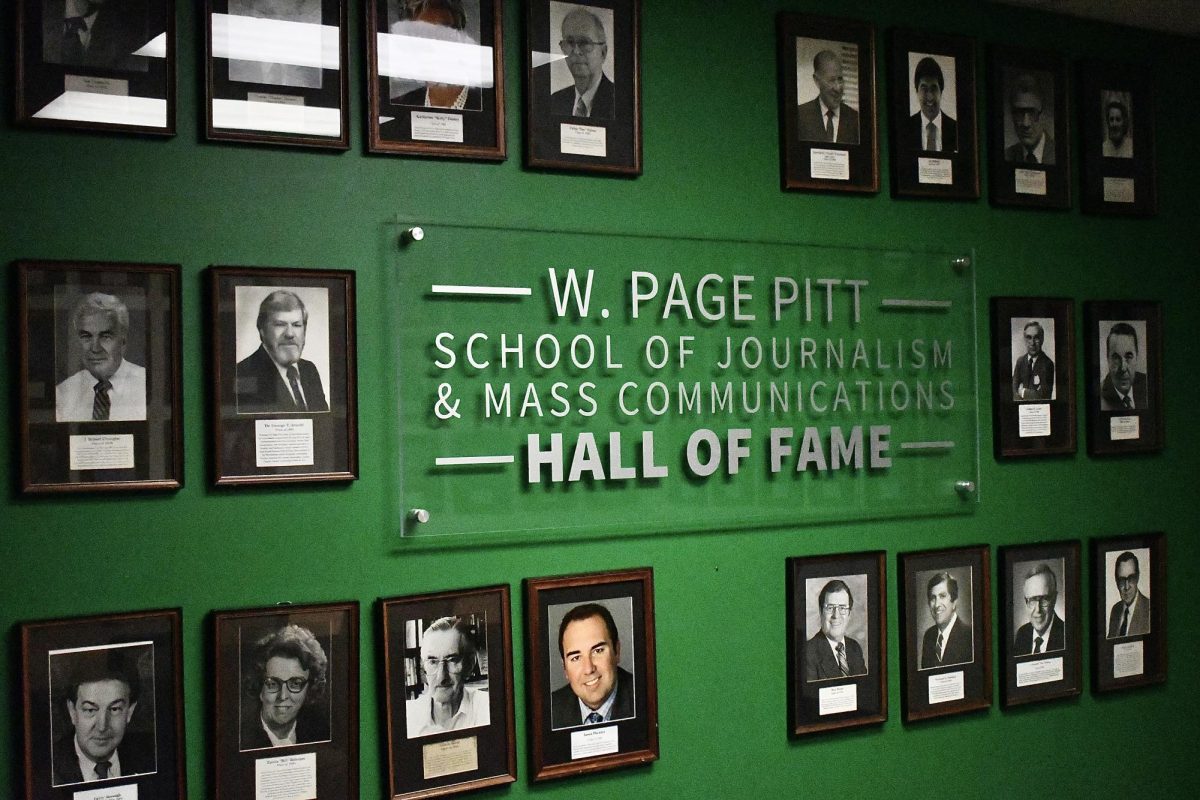Walking into work and seeing the headline “Liam Payne dead at 31” was something I, an avid One Direction fan, never anticipated at such a young age.
One Direction took the world by storm after their debut as a boy band on X Factor in 2010. While they received third place in the competition, they were certainly first in the hearts of an entire generation.
In their short time together, the band embarked on four stadium world tours and, according to Billboard Music, four number one albums. This vast acclaim that permeated the globe is nearly unheard of – something that took a toll on the band members themselves.
In a 2019 episode of podcast “Table Manners with Jessie and Lennie Ware,” Payne delved into the dark side of the whirlwind experience in the band.
“I needed to stop, definitely,” Payne said. “It would have killed me, 100%, because you’ve got no control over your life.”
Sadly, Payne died by jumping off his hotel balcony on Oct. 16., leading to a plethora of online discourse from an entire cohort of One Direction fanatics.
Josie Greear, a Marshall freshman said Payne and the entirety of One Direction were always a constant in her life.
“I feel like I grew up with them,” Greear said. “I watched them grow while I was a fan of them, so it feels super personal to me.”
Likewise, Marshall junior Grace Davis said as a lifelong fan, the signs of Payne’s struggle with mental health were ever-present.
“There have always been hints that he was struggling,” Davis said. “It breaks my heart to know he was struggling with addiction.”
Online warriors joined the conversation arguing fans had no reason to grieve Payne since they didn’t know him personally.
While I disagree with this, I will be the first person to say that parasocial relationships walk a fine line between meaningful and unhealthy.
For example, anyone paying attention to the British singer’s online presence post-One Direction could see Payne faced significant scrutiny and mockery for his solo career from the fans themselves, which certainly impacted his mental health. Just two days before his death, the singer was dropped by record label Universal Music.
The fans’ parasocial relationship undoubtedly propelled Payne to fame, but it did little to shield him from his downfall.
Unfortunately, this unhealthy relationship did not conclude with his death. Not even an hour after Payne’s death, photos of his dead body provided by TMZ flooded the internet.
We need to shift our perspectives and stop viewing celebrities as our own pieces of meat that we possess for our own entertainment, but rather view them as real people with families, feelings, hopes and dreams.
No matter how many sold out concerts, No. 1 hits-or awards Payne won, he deserved privacy from those sharing images of his deceased body for a quick buck.
We, as a society, do little to safeguard the well-being of young celebrities, which can be seen through Payne’s story.
That being said, I think fans are entitled to grieve. The loss of Payne symbolizes the loss of childhood innocence and the comfort of simpler times.
For myself and others, One Direction was the soundtrack of our youth, and this loss is unfathomable and profoundly impactful.
Just because many have never spoken to Payne, that does not mean he has not spoken to the masses.
Let fans say goodbye to this story in their life.
Kaitlyn Fleming can be contaced at fleming115@marshall.edu.



















